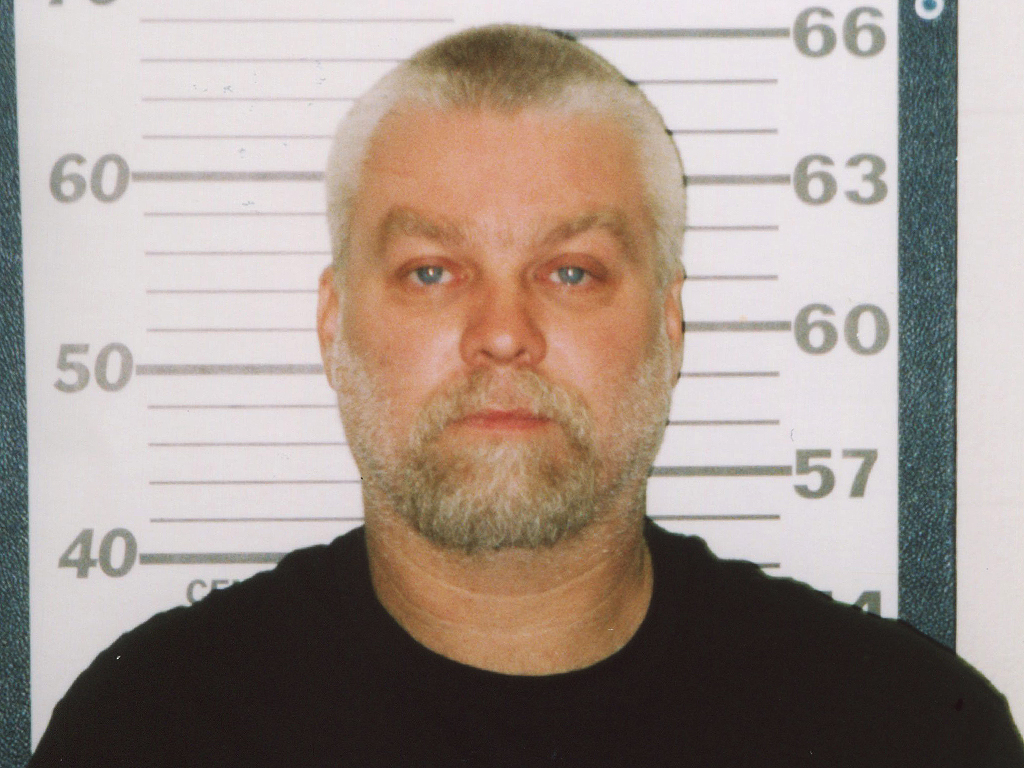Steven Avery, the convicted murderer, who is the subject and star of Netflix‘s hit crime documentary series Making a Murderer, has tested positive for COVID-19.

The 57-year-old’s attorney Kathleen Zellner confirmed that her client had contracted the novel coronavirus in a tweet on Wednesday.
“It is true that Steven Avery has tested positive for the COVID-19 virus — he will fully recover,” she wrote.
“The bigger threat to (Avery) is whether the COA will cure the disease that caused him to be wrongfully convicted,” Zellner added, tagging the official Making a Murderer Twitter account.
Making a Murderer became a pop culture phenomenon upon the release of its first season in 2015.
The show focused primarily on the wrongful conviction of Avery in 1985, when he was charged for sexual assault and imprisoned until his name was cleared 18 years later.
Avery was convicted once again in 2007, however, along with his nephew Brendan Dassey. The two were sentenced to life in prison two years after the killing of photographer Teresa Halbach — which they were accused of committing.
The first season covered the extensive trials leading up to their conviction, whereas the second season (2018) centred around Zellner’s investigative findings and her continuous efforts to prove the innocence of both Avery and Dassey.
Last September, Zellner, 63, announced a US$100,000 reward to catch who she calls Helbach’s “real” killer.

Two weeks later, a Wisconsin inmate named Joseph Evans Jr. confessed to murdering Helbach in a handwritten letter sent to Zellner. He claimed to have accidentally hit the victim with his car before burning her body near Avery’s property.
The attorney later said that his confession was not credible, however, according to The Guardian.
“It’s totally fabricated. It doesn’t fit any of the evidence,” she told the outlet We’ve already talked to a witness who can place Evans somewhere else that day.”
“This guy is obviously not too bright and he’s just listed things he got from public records. He’s just after the money,” concluded Zellner.
Evans had reportedly demanded $13,000 of the $100,000 reward. The convicted murderer was already serving a life sentence for the murder of his wife in 2009.
Avery is currently being held at the Waupun Correctional Institution in Wisconsin, which has supposedly already had more than 210 positive COVID-19 tests, as reported by NME.
Questions about COVID-19? Here are some things you need to know:
Symptoms can include fever, cough and difficulty breathing — very similar to a cold or flu. Some people can develop a more severe illness. People most at risk of this include older adults and people with severe chronic medical conditions like heart, lung or kidney disease. If you develop symptoms, contact public health authorities.
To prevent the virus from spreading, experts recommend frequent handwashing and coughing into your sleeve. They also recommend minimizing contact with others, staying home as much as possible and maintaining a distance of two metres from other people if you go out.

In situations where you can’t keep a safe distance from others, public health officials recommend the use of a non-medical face mask or covering to prevent spreading the respiratory droplets that can carry the virus.
For full COVID-19 coverage from Global News, click here.
—






Comments